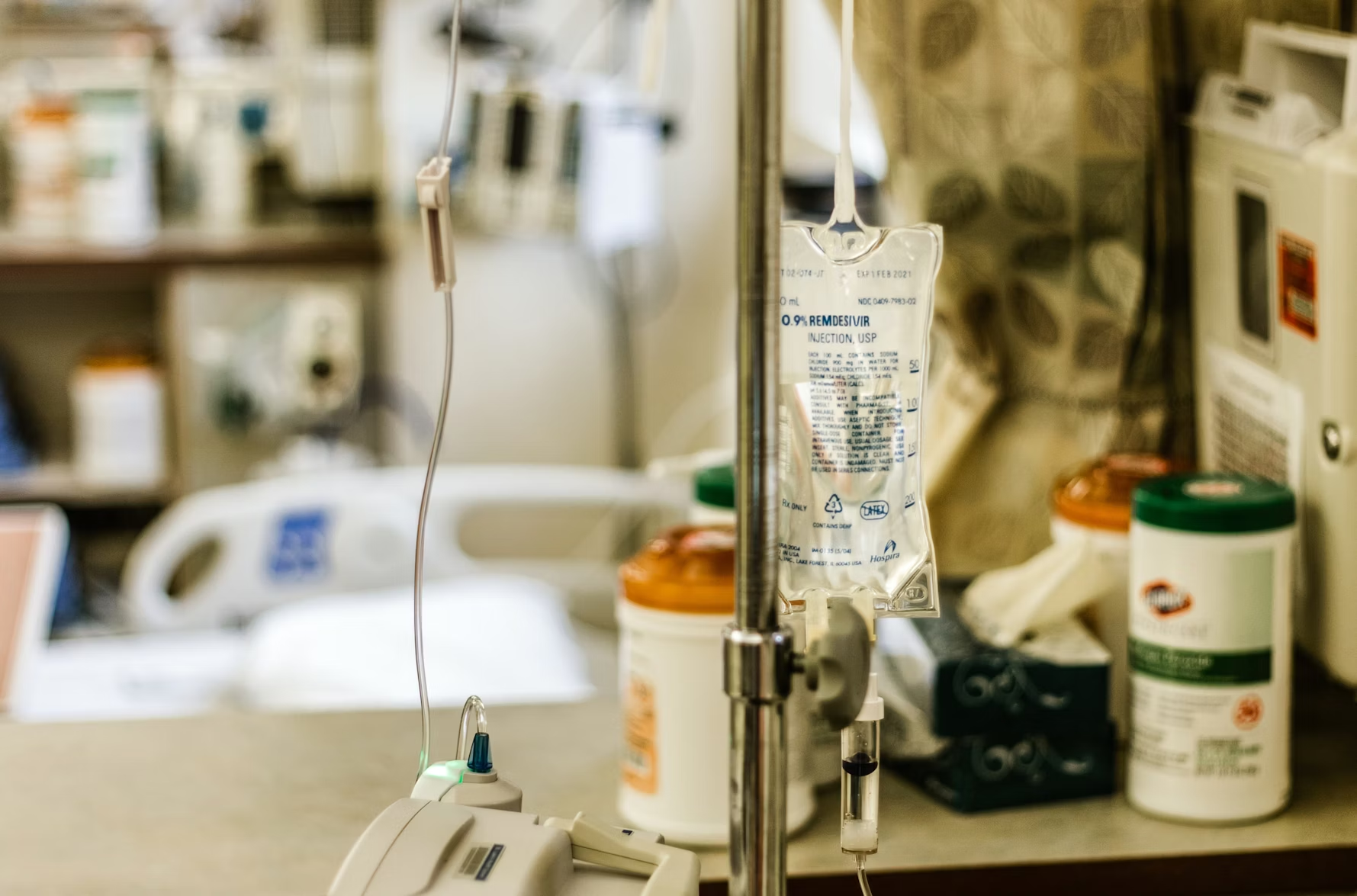Americans are electing plastic surgery now more than ever. In today’s pop culture-driven era, people feel more pressure to look their best. But the truth is, studies have shown how physical appearance is deeply linked with confidence and, ultimately, happiness. “A successful cosmetic surgery can give you a much-needed morale boost, increase your self-esteem, and even improve your health,” says Revivology Medical Spa & Plastic Surgery Center. “However, knowing what you should and shouldn’t do is key towards achieving the results you want.” To help you mentally prepare for plastic surgery, here are some tips on what you should and shouldn’t do before getting plastic surgery:

Do: Adjust Your Schedule
Any operation will create a major blockade in your schedule, and acknowledging this early on will make it easier for you to handle healing and post-surgery stress. Gather anything you may need from the store or pharmacy in advance, and allow yourself adequate time to recuperate. If you’re planning on undergoing major life changes—like a move or a pregnancy—it’s best to wait until after the change is made for you to undergo surgery. Remember, your body needs time to heal if you really want to benefit from your results. Too much movement and action could affect that.
Do: Think About Your Budget
Surgeries are expensive, and you shouldn’t break the bank for an elective surgery. Be smart about your spending. Ask your office about potential financing options and explore how each cater to your current financial situation. You can find online cosmetic surgery pricing calculators to gather a better understanding of typical prices in your area. Talking with multiple surgeons allows you to gain a high-level overview of different pricing options. Create a budget for yourself that includes monthly payments for your operation.
Do: Ask Many Questions
A plastic surgery procedure is a major life change. The person you choose to perform your surgery can alter your body and happiness for the rest of your life. A great plastic surgeon will work with you to achieve your body goals—within reason. They’ll be reasonable about what’s possible and what’s not, as well as what’s best for your health.
Expect to go through your body and health history to offer your doctor a clear picture, and be prepared to ask plenty of questions. In addition to seeking recommendations for the best type of surgery, you’ll need a thorough understanding of potential risks and complications and recovery times.
Your surgeon’s medical accolades and experience are also important. Be sure they are certified by the American Board of Plastic Surgery, which demonstrates extensive training in that area. You should also speak to at least two different surgeons for multiple opinions.
Don’t Consider It a Cure-All
There are many reasons why you’d want to consider plastic surgery. Sometimes, it’s simply because you’re unhappy with your appearance, while others will help improve your health. But what’s important is that you don’t consider plastic surgery as a first result or as a cure-all for negative things happening in your life.
One of the first questions you should ask yourself as you consider different plastic surgery options is why you’re doing it in the first place. If your motives involve pleasing another person or hoping it will score you a job, it’s time to rethink. For instance, if you’re unhappy with your weight, getting liposuction or a tummy tuck shouldn’t be the first thing you run to. Instead, try changing your diet and exercising regularly. If you aren’t seeing the results you want after consistent hard work, plastic surgery is a viable option that can help boost you towards your goals.
Don’t Lie About Your Medical History
There are several reasons why a surgeon would advise against surgery, and many of those reasons are centered around medical history. Lying about previous health complications, allergies, or new medical issues could have negative consequences. For instance, even if you’re just a social smoker, you shouldn’t tell your doctor you don’t smoke at all. Don’t put yourself at risk: while surgeons are trained to help you enhance your beauty and health, they must do so within your body’s limitations.
Don’t Drink Alcohol
Every surgeon will tell you that you should refrain from drinking alcohol prior to surgery, but it’s critical that you understand the consequences should be disastrous if you don’t follow this simple guideline. Alcohol affects the ability for anesthesia to be administered safely, and can also cause blood clots, due to alcohol’s effect as a blood thinner. And lastly, because of alcohol’s impact on your blood vessels, drinking prior to and immediately after surgery can make wounds take even longer to heal.








